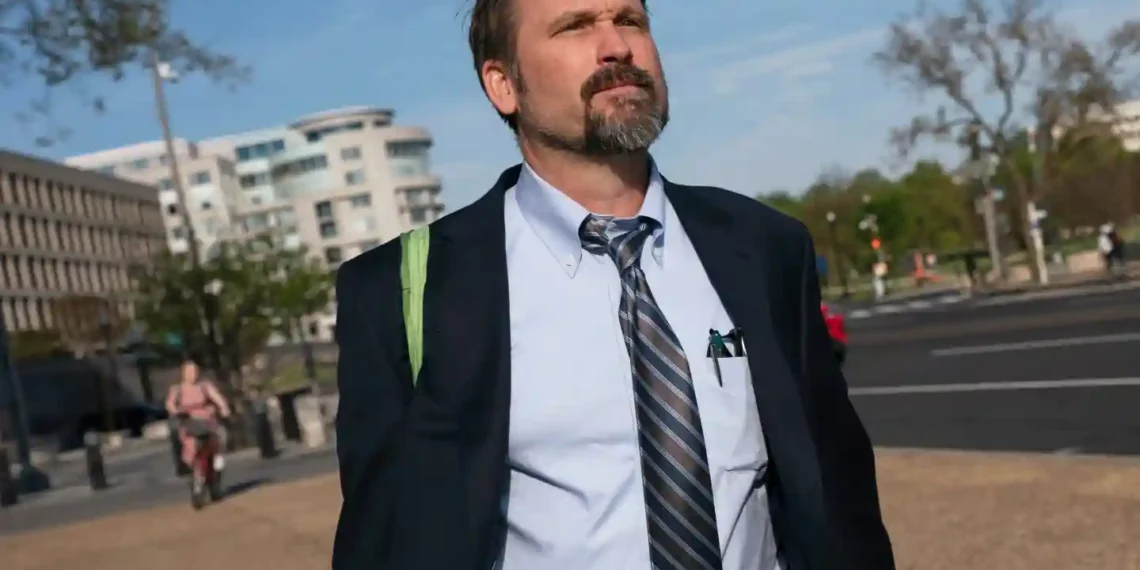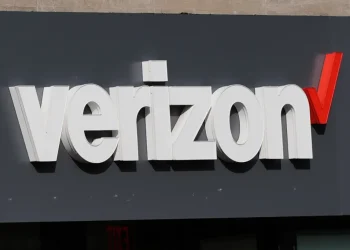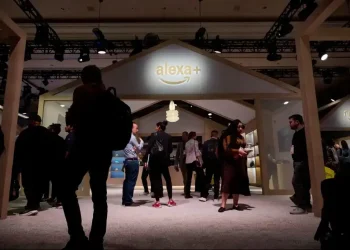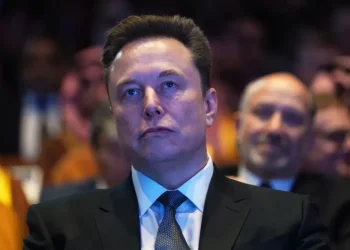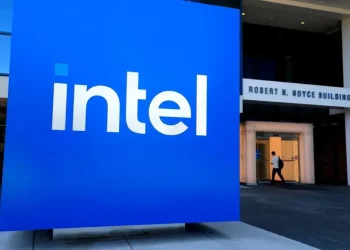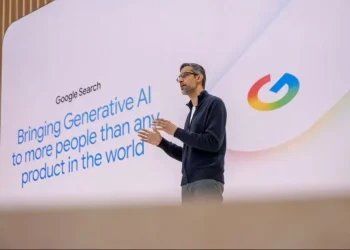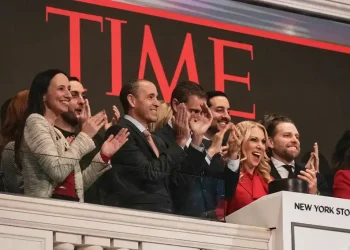Zuckerberg Considered Spinning Off Instagram in 2018 Over Antitrust Concerns, Email Reveals
Meta CEO Mark Zuckerberg once considered separating Instagram from Facebook due to fears over potential antitrust litigation, according to an email presented in court on the second day of the ongoing antitrust trial.
In the 2018 email, Zuckerberg expressed concerns about the growing scrutiny on big tech companies. He suggested that spinning Instagram out of Meta might be the only way to meet the company’s goals in a rapidly evolving market. He also mentioned that Meta could be forced to separate Instagram and WhatsApp in the future if regulatory pressure intensified.
“There is a non-trivial chance that we could be forced to spin Instagram out and perhaps WhatsApp in the next five to 10 years,” Zuckerberg wrote.
This revelation came during the Federal Trade Commission’s (FTC) trial, where Meta faces allegations of illegally monopolizing the social media market by acquiring competitors like Instagram and WhatsApp. The trial could potentially force Meta to break off these two platforms, which it bought over a decade ago for $1 billion and $22 billion, respectively.
Zuckerberg, the first witness in the trial, spent more than seven hours on the stand over two days. The emails in question were related to discussions on whether Meta should buy Instagram and what impact the acquisition would have on competition in the market.
Throughout his testimony, Zuckerberg faced tough questioning about Meta’s acquisition of Instagram. Daniel Matheson, the attorney leading the case for the FTC, pointed out that Zuckerberg had referred to Instagram as a “rapidly growing, threatening network.” Matheson also raised the point that Zuckerberg’s goal in acquiring Instagram might have been to neutralize a competitor.
However, Zuckerberg defended his decision, saying that Meta wasn’t just trying to squash competition. Instead, he explained that Facebook was in the process of building its own mobile camera app, but Instagram was already excelling in that area.
“I wanted to buy them because they were better at it,” Zuckerberg said, rejecting the idea that the purchase was solely about eliminating a rival.
Matheson brought up emails written by Zuckerberg and his associates dating back to the time before and after Instagram’s acquisition. One email from 2012 mentioned that Instagram and another startup, Path, were developing networks that could be “very disruptive” to Facebook’s business. Zuckerberg explained that the email was part of a larger conversation about whether to buy companies to accelerate Facebook’s growth.
Despite acknowledging the contents of these documents, Zuckerberg downplayed their significance, suggesting that they didn’t fully capture the broader strategic reasons behind Meta’s purchases.
Later in the day, Meta’s attorney, Mark Hansen, began his questioning, emphasizing that Meta’s services are free and that the company faces significant competition. He argued that charging for services like Facebook would drive users away, as alternatives are readily available.
Zuckerberg echoed this point, asserting that Meta operates in a highly competitive environment. The trial is one of the first major tests of the FTC’s power under President Donald Trump to challenge the dominance of big tech companies.
The FTC’s lawsuit, filed in 2020, alleges that Meta’s acquisitions of Instagram and WhatsApp were part of a strategy to crush competition and establish a monopoly in the social media market. The FTC has a narrow view of Meta’s competitors, focusing on platforms like Instagram and WhatsApp, while excluding major rivals like TikTok, YouTube, and Apple’s messaging service.
As the case moves forward, it could have significant consequences for the future of Meta and the broader tech industry. U.S. District Judge James Boasberg, who is overseeing the case, already denied Meta’s request for summary judgment, meaning the case will go to trial. The outcome could shape the future of tech acquisitions and antitrust regulations for years to come.
This article was rewritten by JournosNews.com based on verified reporting from trusted sources. The content has been independently reviewed, fact-checked, and edited for accuracy, neutrality, tone, and global readability in accordance with Google News and AdSense standards.
All opinions, quotes, or statements from contributors, experts, or sourced organizations do not necessarily reflect the views of JournosNews.com. JournosNews.com maintains full editorial independence from any external funders, sponsors, or organizations.
Stay informed with JournosNews.com — your trusted source for verified global reporting and in-depth analysis. Follow us on Google News, BlueSky, and X for real-time updates.
